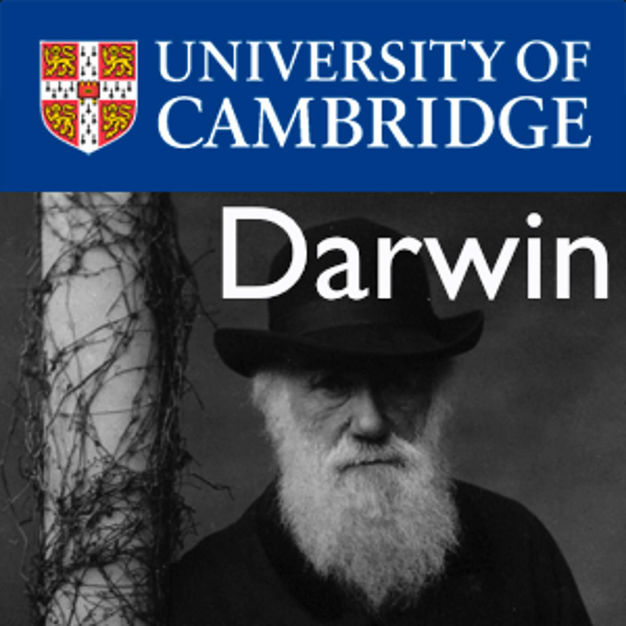Darwin, with his grizzled beard and deep sad eyes, appears today as a ubiquitous icon, his image appearing on posters, book jackets, banknotes, and postage stamps from around the world. The debates about his ideas are international, and have been almost from the first publication of his main evolutionary books. How did this come to be the case? To answer this we can begin by stepping back from the immediate impact of the Origin of Species and Descent of Man, to view these books in the context of long-standing controversies about evolution and materialism from the eighteenth century onwards.
Darwin’s work is important in this broader story for three reasons. First, with the reception of Darwin’s books the topic of evolution, which had long sparked conversation in the literary salons of the Atlantic world, became much more closely tied with newly emerging forms of scientific research in laboratories, universities and museums. Second, Darwin’s own vision of nature, like that of his great predecessors Alexander von Humboldt and Charles Lyell, was global from the start. During the Beagle voyage and later through a vast correspondence network, Darwin attempted to encompass the entire natural world (including humans) in his works. His approach resulted in unusually open texts, with ambiguities and opportunities for interpretation that made them natural fault-lines for public discussion across a diverse cultural range. And finally, Darwin’s life coincided with an unprecedented expansion in international communication. Particularly significant were the new, rapid-publication intellectual weeklies and monthlies in urban centres from Buenos Aires to Cairo and from Melbourne to Beijing. Evolutionary controversy, so familiar on the Internet and television today, emerged in these new media of the first great age of global communication. In these forums, debates about “Darwinism”, as it soon was called, became central to grappling at a local level with economic modernisation, scientific racism, and economic imperialism. What was the relation between science and traditional religion? Was it possible to harvest the economic fruits of modern knowledge, without adopting its conclusions about the origins of the human mind and a hierarchy of human races?
3 February 2009, 5:26 pm
